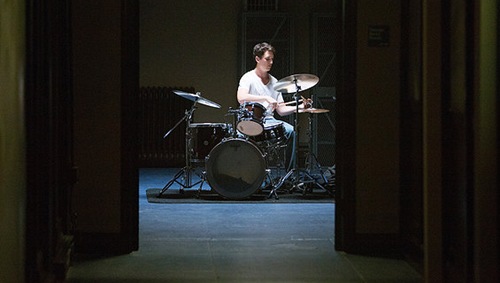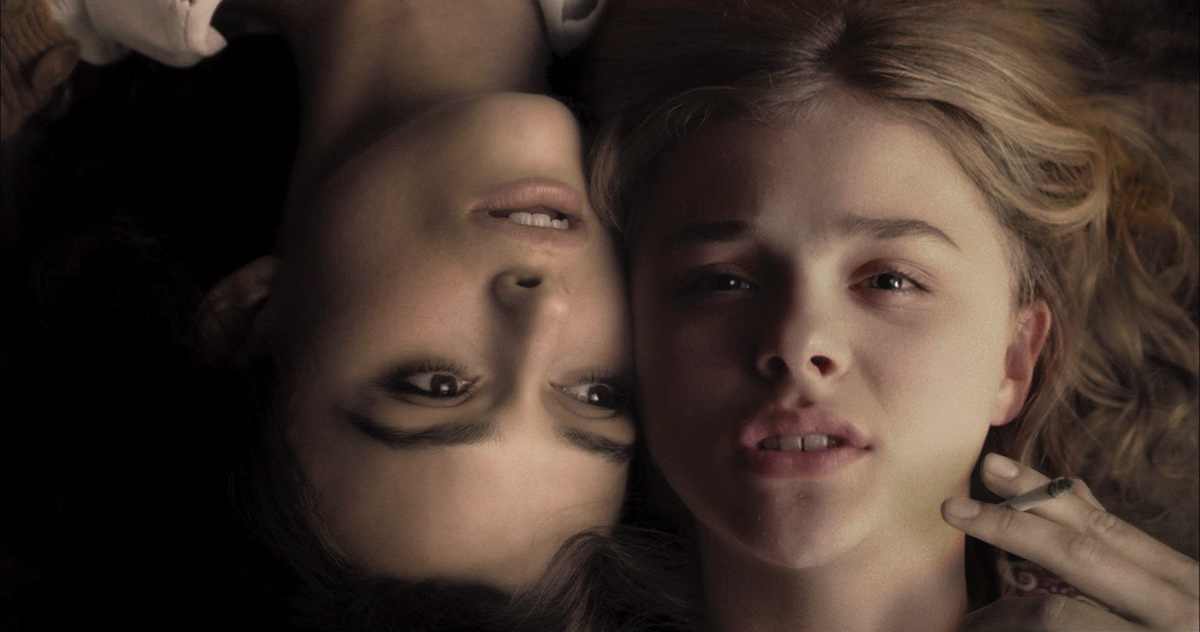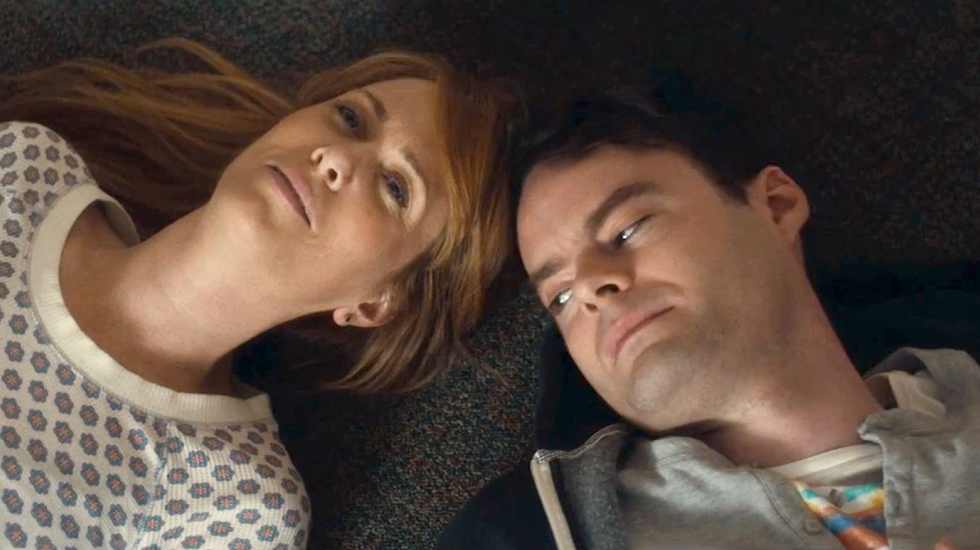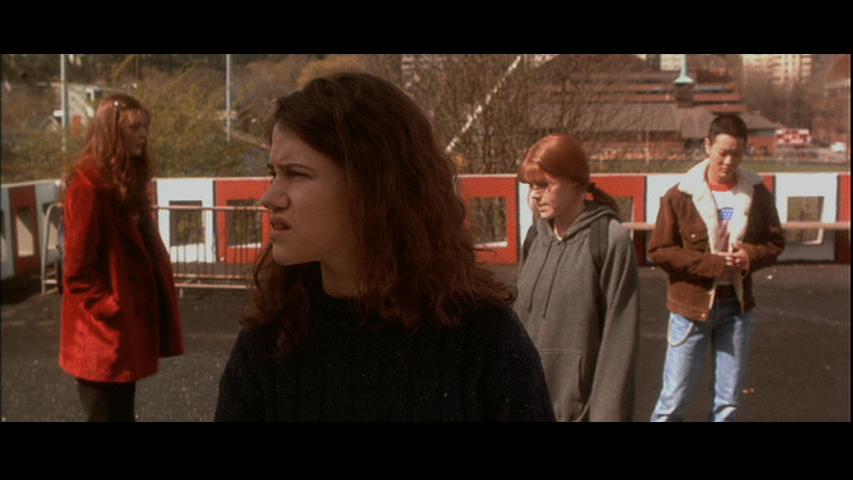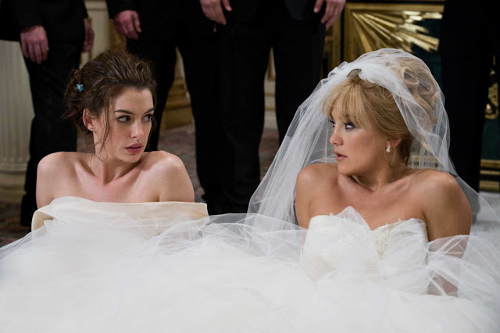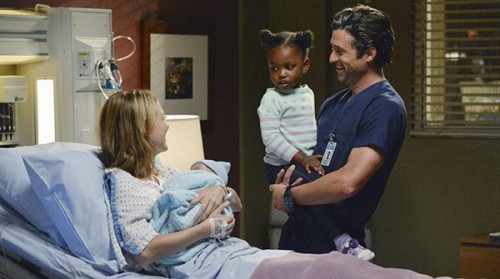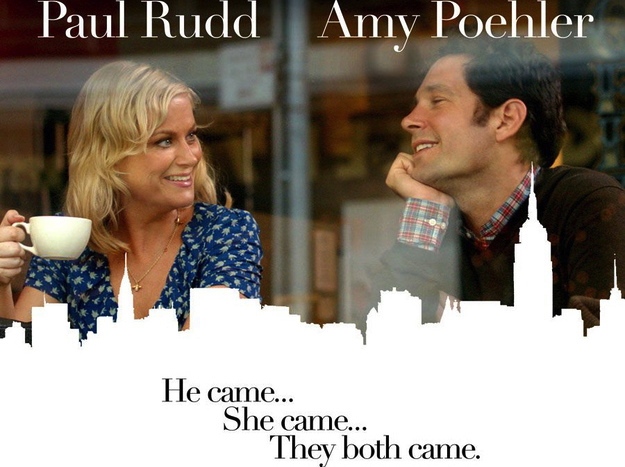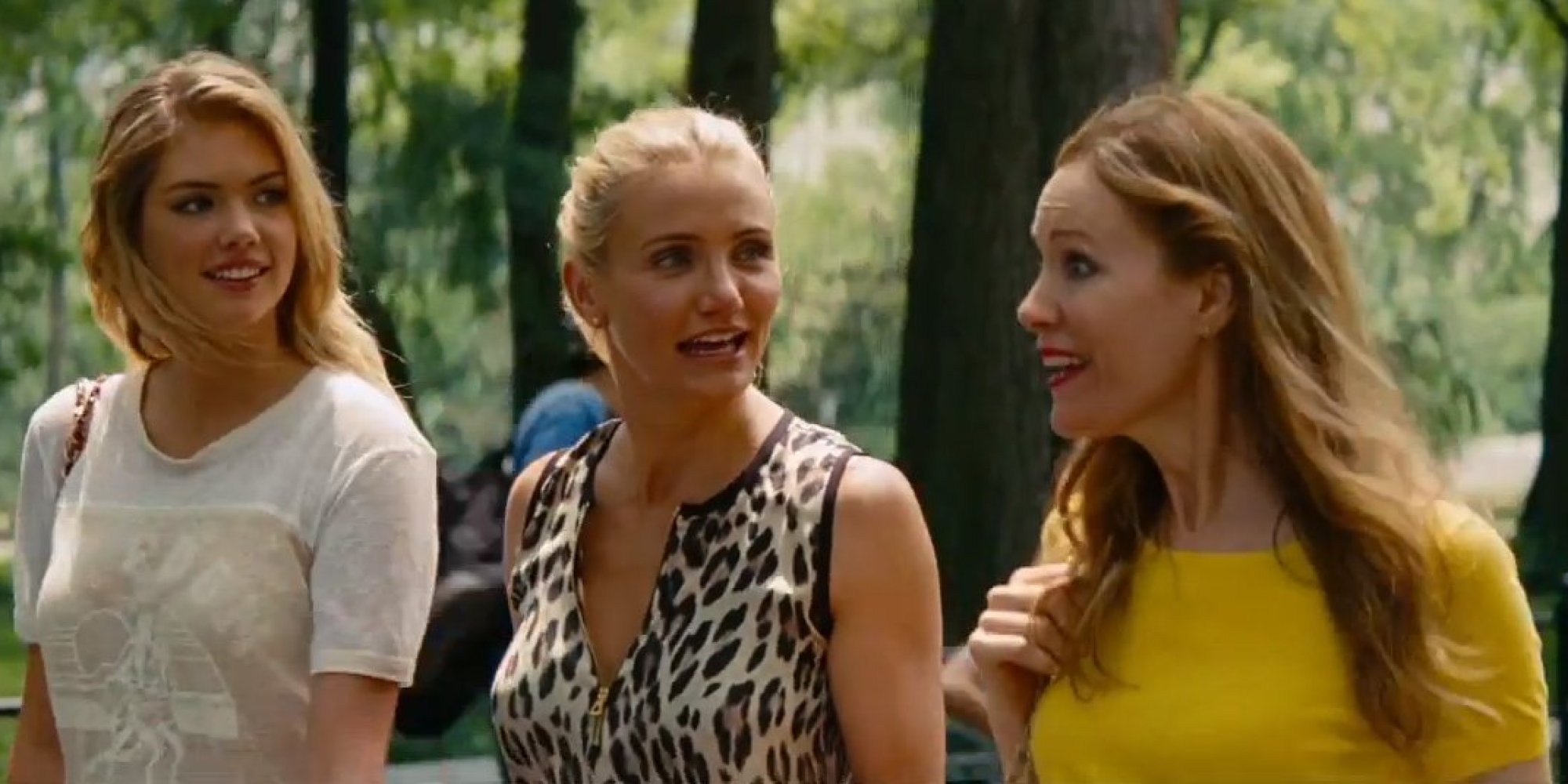Across its 10-season run, ‘Grey’s’ has dealt with parenting, childlessness, abortion, romantic relationships—both heterosexual and otherwise–illness, loss, friendship, and career mostly through the eyes of its female protagonist, Meredith Grey, and her colleagues, friends and family: Cristina, Izzie, Lexie, Callie, Arizona, April, Addison, Bailey and so on. This season, though, seemed to really tap into the oft-mentioned feminist issue of “having it all” (meaning kids and career) and what happens when a woman shuns that path.

